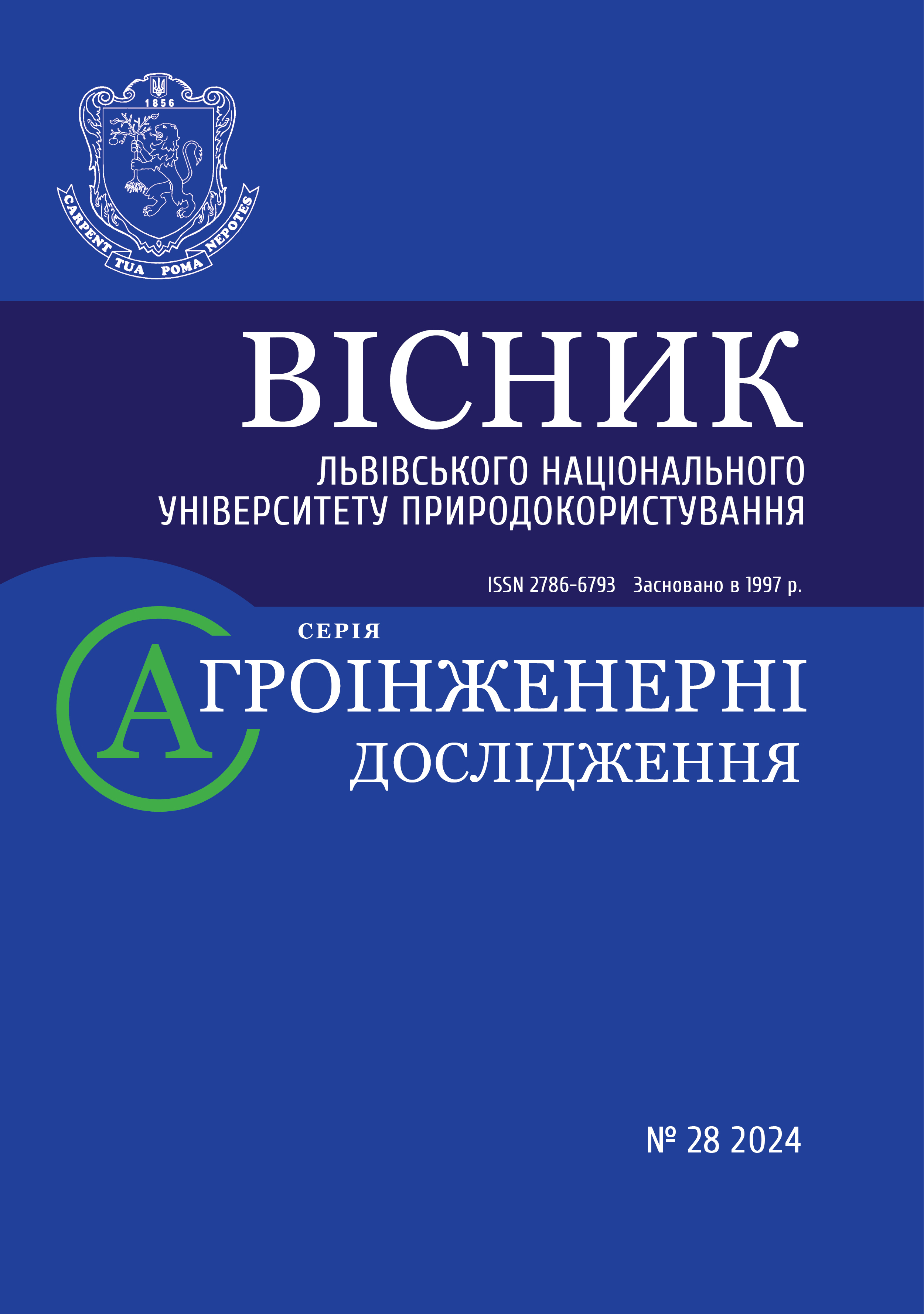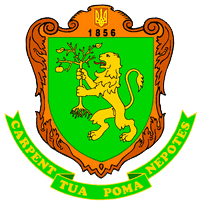Innovative GIS-technologies in agriculture based on the automated platform EOSDA CROP MONITORING
DOI:
https://doi.org/10.31734/agroengineering2024.28.055Keywords:
geoinformation systems, program, data analysis, crop yield forecastingAbstract
Innovative GIS technologies based on the EOSDA Crop Monitoring automated platform play a key role in the modernization of agriculture, providing the ability to quickly collect and analyze field data. This information is gathered not only from traditional ground installations but also through satellite monitoring and drones, facilitating accurate assessments of field conditions, plant health, and climatic factors.
One of the primary applications of this data is yield forecasting, which empowers farmers to strategize in advance. This proactive approach reduces the risk of losses and optimizes resource utilization. GIS-based precision farming technologies enable the precise regulation of fertilizers and plant protection products in specific areas of the field, thereby enhancing farm efficiency.
Furthermore, the EOSDA Crop Monitoring platform provides tools for tracking livestock movements and populations, which is essential for managing large agricultural operations. By integrating satellite data with information from various enterprise sources, the platform achieves short-term financial outcomes and supports long-term sustainable development goals within the agricultural sector.
The platform features an intuitive interface, making these technologies accessible to small farms. The adoption of innovative GIS technologies helps assess risks linked to climate change, pests, and plant diseases. Additionally, accurate dosing of fertilizers and pesticides minimizes their usage, improving soil quality. Integrated decision support
systems offer recommendations to optimize agronomic practices. Collaboration among stakeholders in the agricultural sector is crucial, as it encourages joint development and knowledge sharing.
References
Bezpalko, R. I., & Kryshchuk, S. Yu. (2013). Stan vykorystannia HІS dlia potreb silskoho hospodarstva. Vіsnyk ahrarnoi nauky Prychornomoria, 3, 122–127.
Bilshe mozhlyvostei dlia ahrarnoho biznesu zavdiaky dystantsіinomu monіtorynhu ferm (2024). URL: https://eos.com/uk/products/crop-monitoring/key-functions/satellite-monitoring/ (Accessed April 10, 2024).
Boltiyanska, N. I. (2012). Mechanization of technological processes in animal husbandry: textbook. manual. Melitopol: Color Print. 720.
Brown, Molly. (2015). Satellite Remote Sensing in Agriculture and Food Security Assessment. Procedia Environmental Sciences. DOI:10.1016/j.proenv.2015.07.278
Derzhavna sluzhba Ukrainy z pytan heodezii, kartohrafii ta kadastru. (2017). Pasport mistsevoi systemy koordynat Kyivskoi oblasti UA_UCS_2000/LCS_32, URL:https://dgm.gki.com.ua/files/uploads/documents/Kyivska_20170301.pdf.
Donchenko, M. V., Kovalenko, I.I. (2021). Heoinformatsiini systemy: navch. posib. Mykolaiv: Vyd-vo ChNU im. Petra Mohyly, 132.
Howard, L. (2021) Advances in Satellite Data Utilization for Agriculture: A Focus on Planet Labs. Taylor & Francis, 285 p.
Komar, A.S. (2020). Vyznachennia zakhodiv z pidvyshchennia enerhoefektyvnosti silskohospodarskoho vyrobnytstva. Mizhn. el. nauk.-pr. zhurnal WayScience. Dnipro, 1, 118–121.
Martin, L. (2020). EOSDA Crop Monitoring: Transforming Agriculture with Satellite Data. Springer, 280.
Morozov, V.V. (2006). HIS v upravlinni vodnymy i zemelnymy resursamy: navch. posib. Kherson : KhDU, 88 p.
Morozov, V.V., Lysohorov, K.S., & Shaporynska, N.M. (2007). Heoinformatsiini systemy v ahrosferi : navch. posib. Kherson: KhDU, 223.
Prymak, L. (2018). Osnovni vymohy do skladu topohrafichnoho zabezpechennia dlia radiochastotnoho planuvannia telekomunikatsiinykh system. Inzhenerna heodeziia: nauk.-tekhn. zbirnyk, 65, 158–168.
Quattrochi, Dale & Luvall, Jeffrey. (1998). Thermal Infrared Remote Sensing for Analysis of Landscape Ecological Processes: Methods and Applications. Landscape Ecology. DOI:10.1023/A:1008168910634.
Ritchie, J. C., & Zeng, X. (2020). Sentinel Satellites for Monitoring Agricultural Systems. Springer,. 312.
Serhieieva K. HIS-tekhnolohii v silskomu hospodarstvi ta yikh perevahy. URL: https://eos.com/uk/blog/his-tekhnolohii-v-silskomu-hospodarstvi/ (Accessed March 07, 2024)
Svitlychnyi, O.O., & Plotynskyi, S.V. (2006). Osnovy heoinformatyky : navch. posib. Sumy : Universytetska knyha, 295 p.
Thompson, M. (2021). The Future of Smart Agriculture: EOSDA Crop Monitoring Solutions. Wiley, 275.
Thompson, P. (2021). Optimizing Agricultural Operations: A Guide to John Deere Operations Center. Elsevier, 275 p.
Zatserkovnyi, V. I., Burachek, V. H., Zhelezniak, O. O., & Tereshchenko, A. O. (2014). Heoinformatsiini systemy i bazy danykh: monohrafіia. Nizhyn: NDU im. M. Hoholia, 492.


